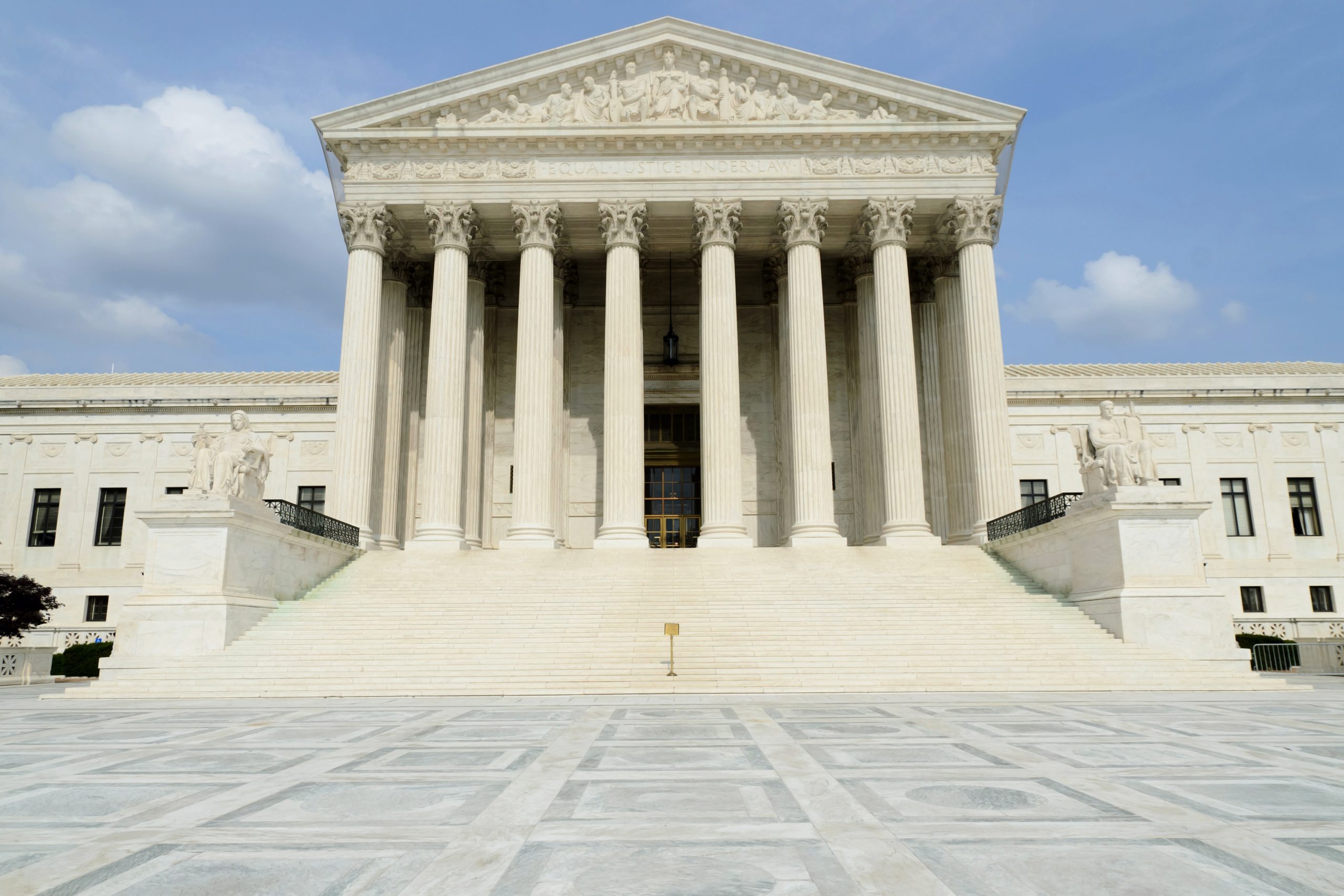What Are The Possible Results Of An Appeal To The BIA?
Facing a deportation order can be challenging. It may crush all your hopes of living and working in the United States. The good news is, receiving an order to go back to your homeland is not the end of you American dreams. You can file an appeal against your deportation order and protect your rights to stay in the country.
But what happens after filing an appeal? You may be curious about the possible decisions which may eventuate. Read on to learn more about them and how an immigration lawyer helps in getting a more favorable outcome.

Four Possible Results Of An Appeal
You may be curious about the four possible decisions a judge may issue after your appeal. If so, continue reading to learn about outcomes after submitting a request to the Board of Immigration Appeals (BIA).
Your Appeal Is Rejected
Your appeal will be rejected if the BIA finds insufficient grounds to reverse the decision. If you are notified that your request has been unsuccessful, talk to an immigration attorney about appealing your deportation notice. They can help forward your appeal to the Federal Circuit.
Remember that you have 30 days to appeal your verdict from the BIA. Preparing your appeal for the Federal Circuit within a couple of days of receiving your rejection notice is in your best interest.
Your Deportation Order May Be Reversed
The best possible outcome of appealing to the BIA is having your deportation order reversed. If this happens, you can continue residing in the United States.
If you want to increase your chances of having your deportation reversed, consult with an immigration attorney. A seasoned appeals lawyer can guide you through putting a strong case together. The sooner your deportation order is reversed, the quicker you’ll be able to enjoy your life in the United States again.
The BIA Orders A Remand
In certain situations, the BIA may order a remand of your immigration case. This may happen if the BIA has obtained new evidence that they believe is critical, among other reasons. They will reopen your case and hand it to an immigration judge for further deliberation.
Keep in mind that as a defendant making an appeal, you can’t supply the Board of Immigration Appeals with additional evidence than the ones you previously provided. If you try to give the BIA brand-new evidence, this is likely to be struck from your case. Instead, you will only go through a remand if the BIA chooses to investigate it further. This is when they may find key evidence that warrants remanding your case.
If 30 days have not passed since your deportation order, you can choose to file a motion to reopen your immigration case. Reopening your immigration case will allow you to present new facts and evidence to your immigration judge. This could reverse their decision to order your deportation.
If a remand is ordered on your immigration case, you may be expected to attend further immigration hearings. If this happens, it’s better to bring an immigration attorney. They can represent you in court and increase the possibility of a favorable decision.
Appeal For Denied Petition To Join Family Members
You may be facing deportation in the United States after a court denies your petition to stay with your immediate family members. In this case, you have the option to appeal the denied petition with the Board of Immigration Appeals (BIA). In short, instead of appealing the deportation order, you may appeal for the denied petition.
The BIA may approve your appeal. The USCIS will be ordered to transfer your green card application to your nearest overseas US embassy or consulate.
There is a chance that the BIA will choose to uphold the decision that the USCIS made if they believe that the USCIS was within their legal guidelines. For example, if you have committed an aggravated felony, it’s likely that the BIA will uphold the USCIS’ decision on your petition.
Consult With An Appeals Attorney Today
How can an immigration attorney help your case? Firstly, they can cite specific laws that your immigration judge may have failed to consider. They’ll also identify if your immigration judge interpreted any key facts in your case incorrectly. Lincoln-Golfinch Law assists clients in appealing and overturning deportation decisions. Their immigration attorneys will help you through the process of filing an appeal, gathering documents and pieces of evidence, and developing sound strategies.
Summary
There are four possible outcomes to your appeal to the BIA. First, it may be rejected. This will prompt you to move your case to the Federal Circuit. Second, your deportation order may be reversed. This is the best outcome that you can hope for. Third, the BIA may order a remand. This is the case when there’s additional evidence that comes to light.
Lastly, for petitions to join your family members in the country, they may either be approved or denied. Be sure to consult with an immigration attorney. They will substantially increase your chances of a favorable outcome for your appeal.


